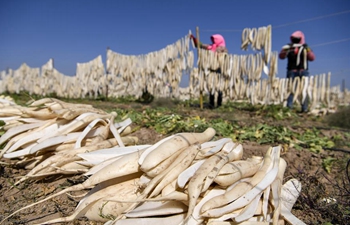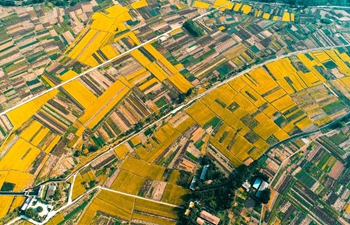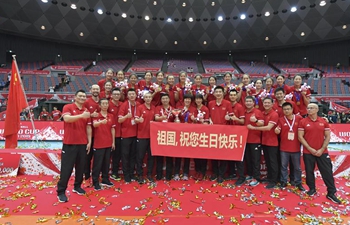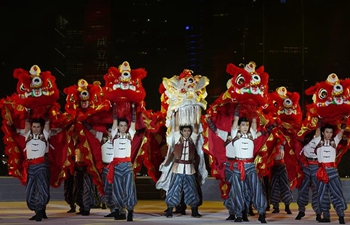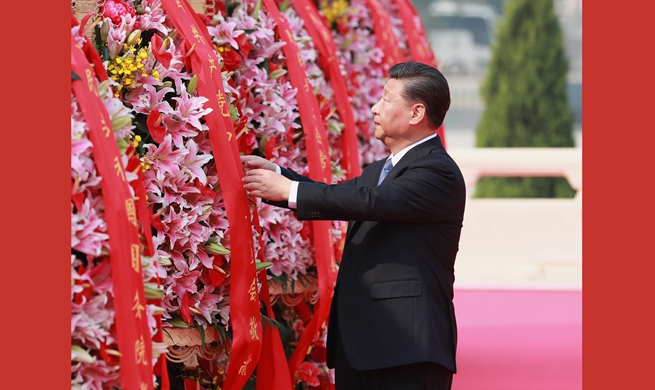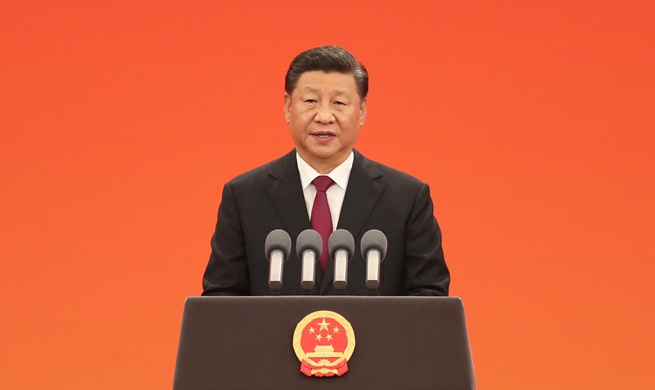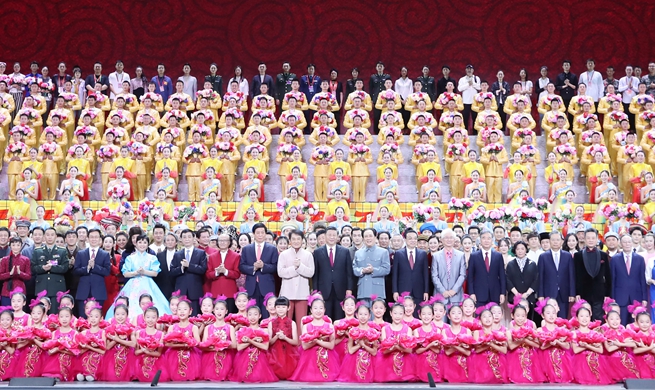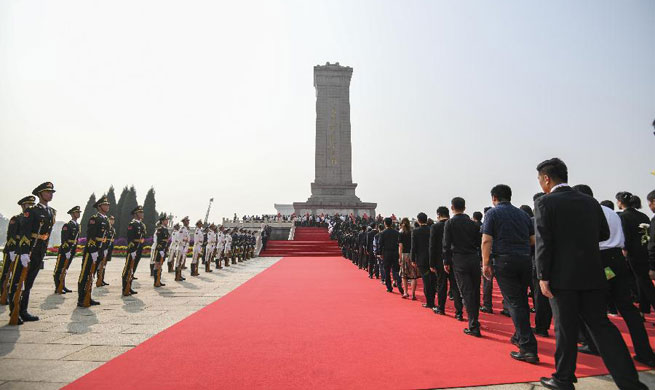TALLINN, Sept. 30 (Xinhua) -- Digital transformation and digital skills for the future were the main themes of a Union for the Mediterranean (UfM) conference held here on Monday.
Digital transformation, including the deployment of an e-services ecosystem and core services to promote economic and societal development and skills for the future, is a subject of paramount importance, said the UfM's Barcelona-based Secretariat.
The development of a strong digital economy is essential for improving trade and investment flows, stimulating sustainable economic growth, promoting financial inclusion and boosting competitiveness in the Mediterranean region, the Secretariat said.
Lauding Estonia as a global digital leader in his opening remarks, UfM Secretary General Nasser Kamel stressed the determination of the UfM Secretariat to exploit the potential of the Fourth Industrial Revolution in the UfM region, noting that "In the digital age, harnessing and mainstreaming new technologies can no longer be considered a matter of choice, but rather a matter of fact for any country that seeks smart and sustainable growth. There is a need for a change in the mindset whereby technology is seen as a revenue driver rather than an overhead cost."
In his keynote address, Estonian Foreign Minister Urmas Reinsalu said that his country "is ready and willing to share its experience of building up a secure and efficient e-government ecosystem and help with global digital transformation to better achieve the Sustainable Developments Goals."
The UfM Secretariat quoted the International Data Corporation (IDC) as saying that worldwide spending on digital transformation technologies was estimated at 1.3 trillion U.S. dollars in 2018, up 16.8 percent from 2017.
The conference brought together 50 participants from the Euro-Mediterranean region, including government officials, representatives of the private sector, entrepreneurs, academics and other stakeholders to engage in discussions on a broad range of issues that included e-governance, e-services, the digital economy and digital skills.
Launched in 2008 as an intergovernmental Euro-Mediterranean organization including all 28 countries of the European Union and 15 countries of the southern and eastern Mediterranean, the UfM provides a forum for enhancing regional cooperation and dialogue, as well as for the implementation of concrete projects and initiatives with tangible impact on the citizens of its member states.

